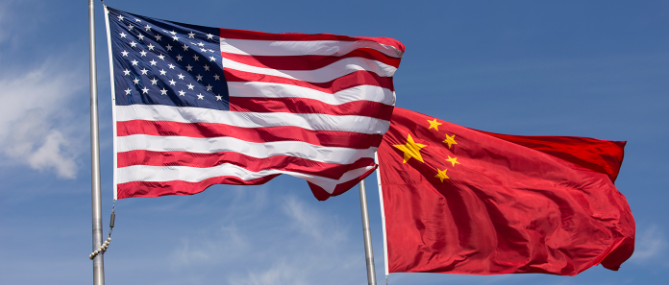A landmark three-way summit aims to enhance security and cooperation in the Indo-Pacific region.
WASHINGTON: President Joe Biden will host Japan’s Prime Minister Fumio Kishida and Philippine President Ferdinand Marcos Jr. this week in a historic three-way summit to reinforce alliances amid escalating tensions with China, particularly in the disputed South China Sea.
This meeting highlights the Biden administration’s commitment to Indo-Pacific security, following earlier visits by Indian Prime Minister Narendra Modi and Australian Prime Minister Anthony Albanese. Observers view the summit as a signal of unified resistance to China’s assertive actions in the region.
Countering Chinese Influence
China’s growing assertiveness has catalyzed cooperation between the US, Japan, and the Philippines. Daniel Russel, vice president for international security at the Asia Society Policy Institute, explained:
“It’s important to show Beijing that the Philippines is not alone and that the West stands firm on international law and global norms.”
President Biden will first meet Prime Minister Kishida in Washington on Wednesday (Apr 10), followed by the trilateral summit with President Marcos on Thursday.
Christopher Johnstone, Japan chair at the Center for Strategic and International Studies, called the summit “remarkable,” noting its significance in strengthening relations with Manila after a strained period during Rodrigo Duterte’s presidency.
Key Areas of Cooperation
Prime Minister Kishida’s visit is expected to result in renewed agreements on defence, space exploration, trade, and artificial intelligence. Notably, the US-Japan security pact may undergo its most significant upgrade since the 1960s, with plans to bolster maritime security and conduct joint military exercises.
Kishida is also set to visit an electric vehicle battery manufacturing plant, showcasing Japanese investment in job creation and economic growth in the US.
“Tokyo has become one of Washington’s closest Asian allies,” said Johnstone. “Kishida has shown strong leadership on defense spending, support for Ukraine, and his G7 presidency.”
Domestic Challenges Loom
One potential source of tension is Nippon Steel’s US$15 billion bid to acquire US Steel, which has drawn criticism in the US. President Biden, facing reelection and needing union support, opposes the sale, advocating for domestic ownership of the iconic American manufacturer.
Analysts predict this issue will be handled discreetly to avoid overshadowing the summit’s broader goals. “It’s an unfortunate intrusion of domestic politics into the commercial realm,” noted Russel.
Building a United Front
As the US, Japan, and the Philippines work to solidify their partnerships, this summit underscores the urgency of a coordinated response to regional challenges. By strengthening ties, the three nations aim to ensure stability and security in the Indo-Pacific region amid rising geopolitical tensions.








